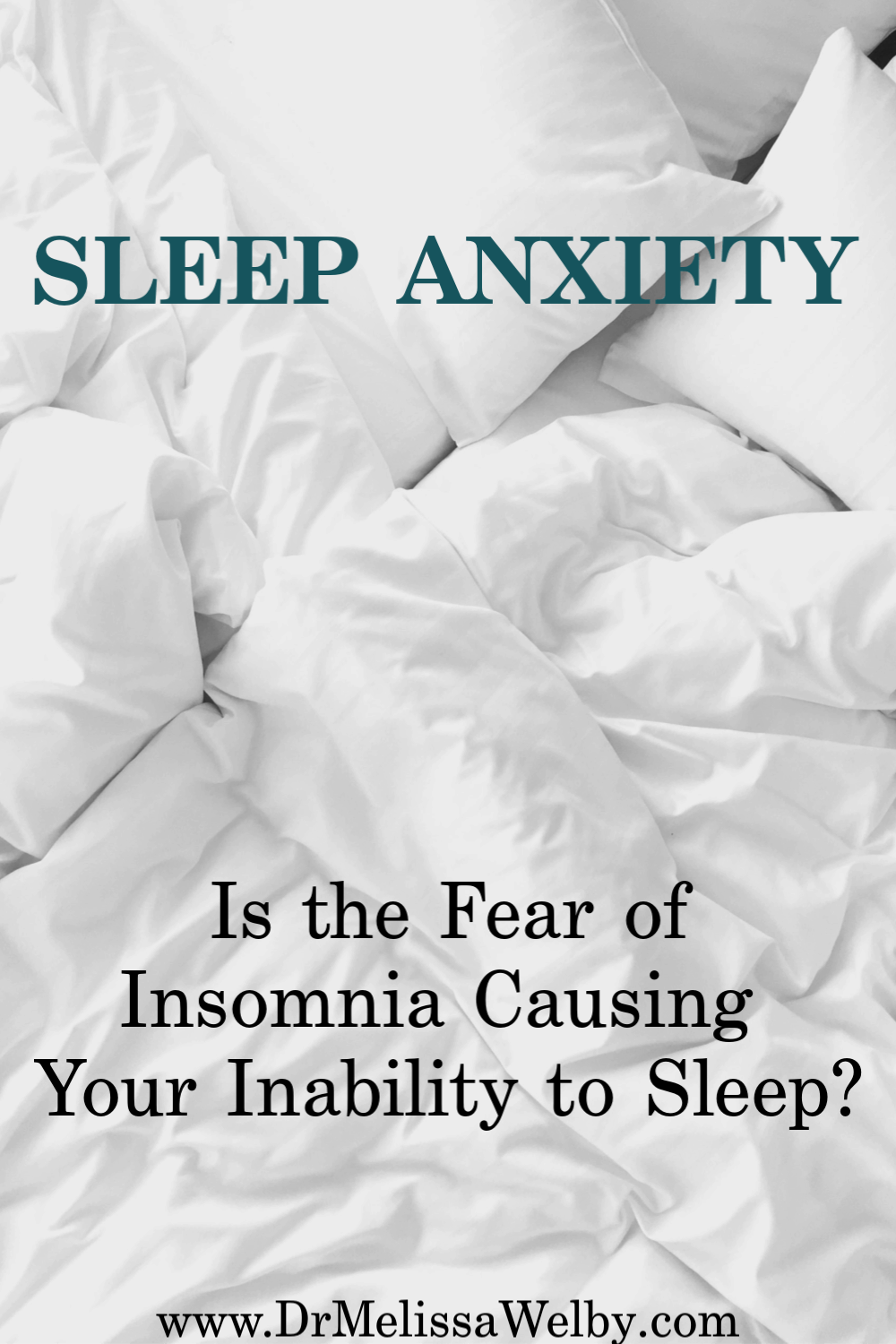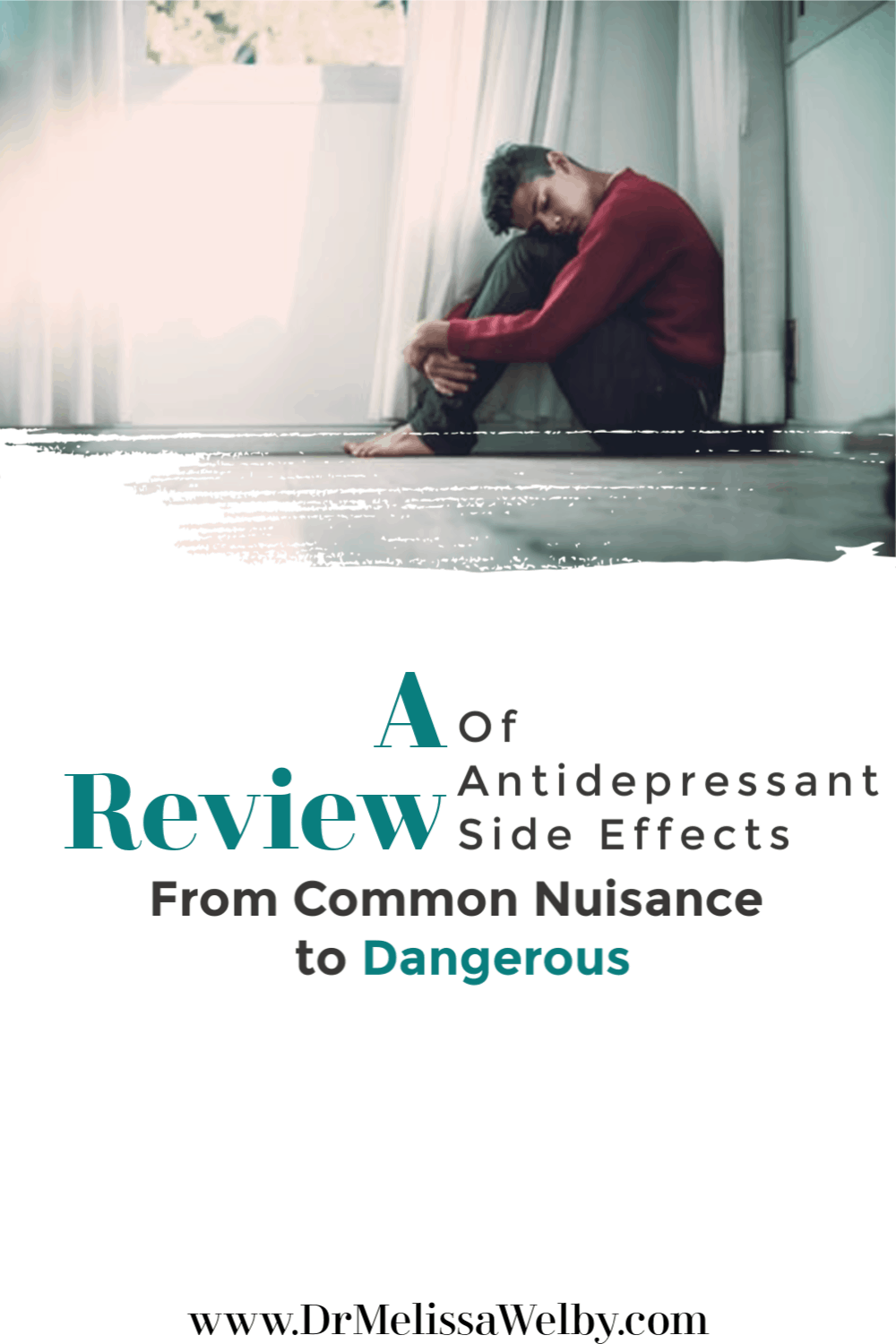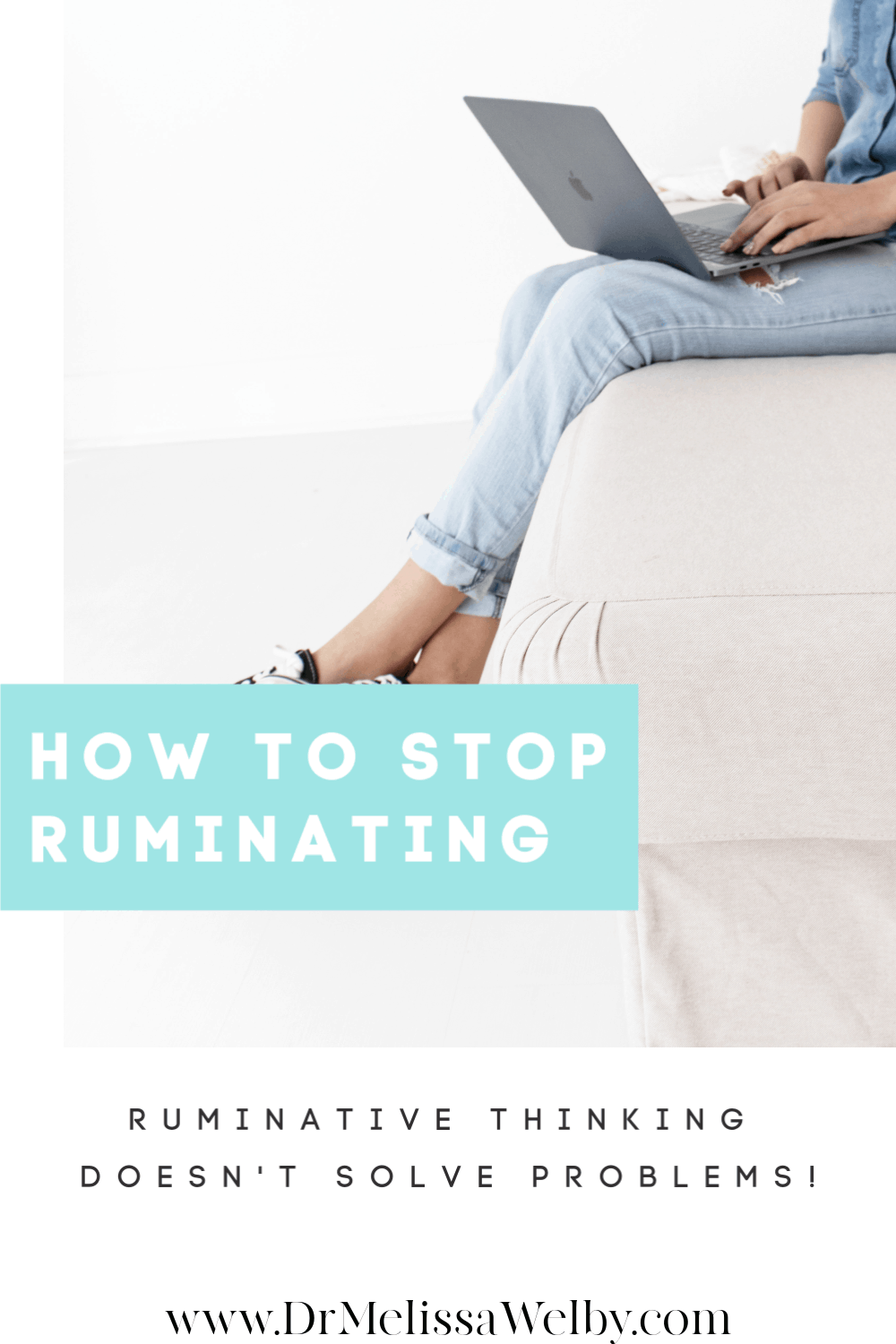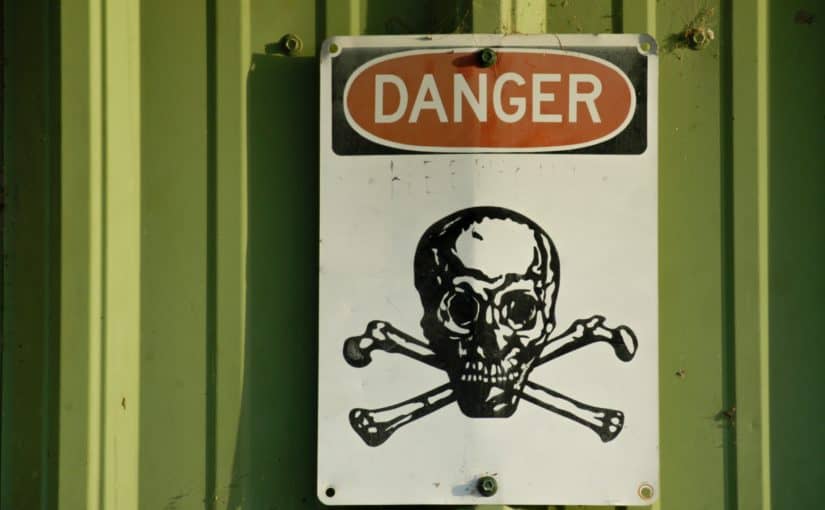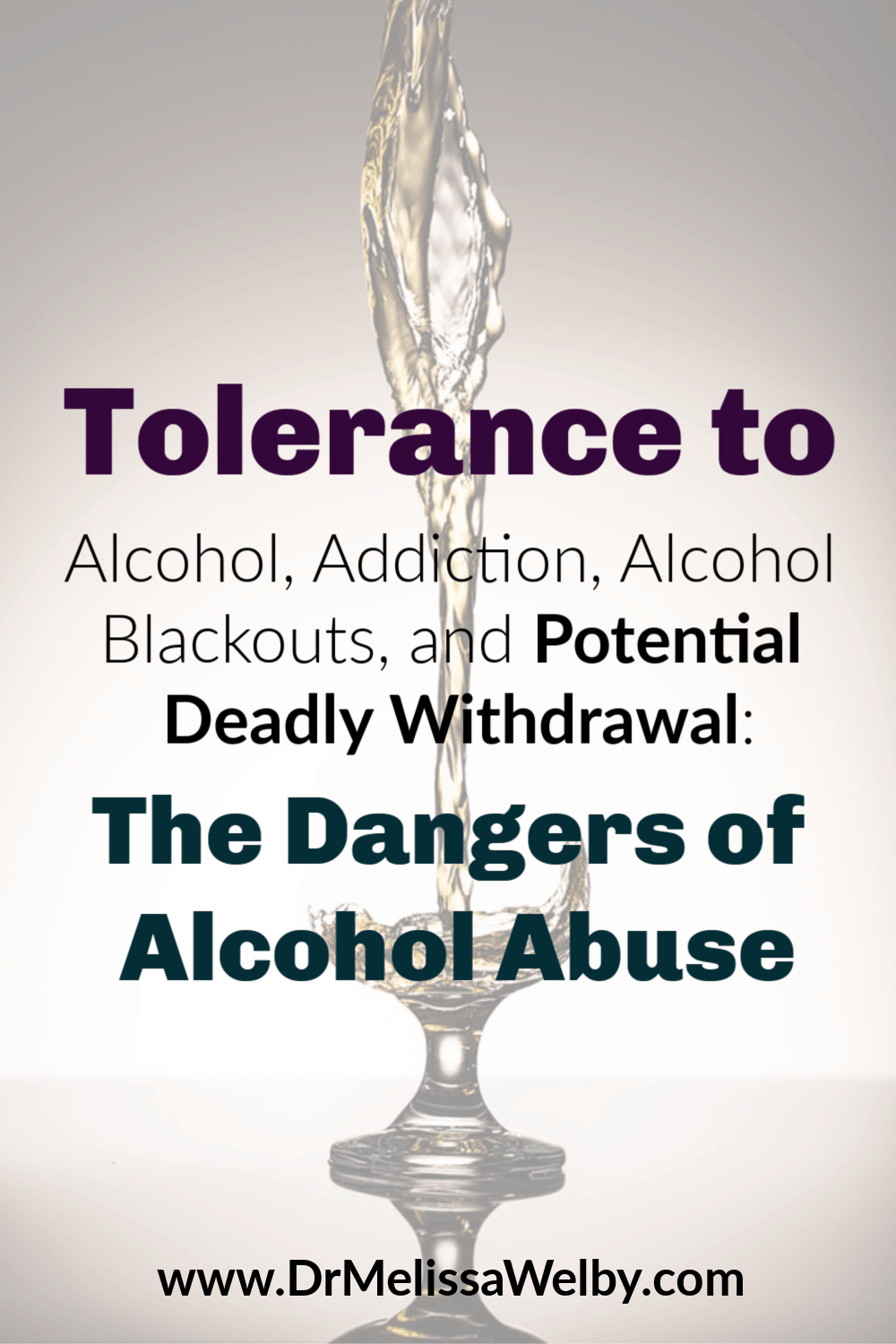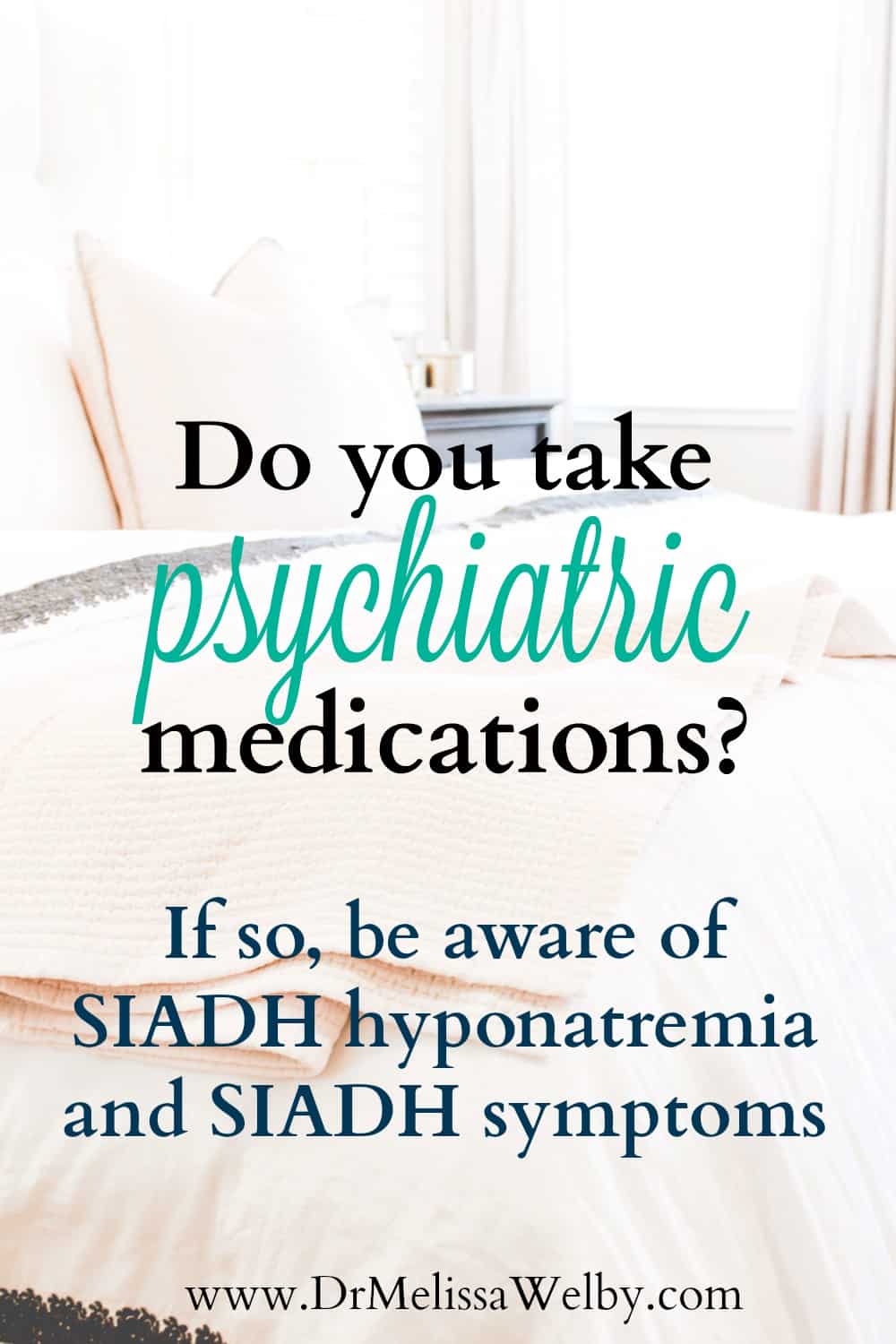Anxiety is everywhere right now, and, like our fears about COVID-19, it can feel inescapable. Everyone is talking about it. Constantly. And for a good reason: our lives have been upended, and uncertainty surrounds us. Children can sense the anxiety about coronavirus COVID-19 even if they don’t know the details. In “normal times,” having a predictable schedule can reduce anxiety. But now, for many children, schools and activities that provide structure are indefinitely on hold. So how can we talk to kids about COVID-19 and reduce their anxiety at the same time?
Category: Blog
Living with Uncertainty: Managing the Fear of Cancer Recurrence and “Scanxiety”
The truth is, we all live with uncertainty, but for people who have experienced cancer, the awareness is heightened. For some, the relief that comes from being declared “cancer-free” is short-lived and quickly replaced by a fear of recurrence. Among survivors, the fear of cancer recurrence can be so distressing it has a powerful, negative influence on the quality of life; affecting mood, relationships, and decisions for the future. This fear can become a daily catastrophizing worry that dominates thoughts.
Sleep Anxiety: Is the Fear of Insomnia Causing Your Inability to Sleep?
Is the fear of insomnia causing your inability to sleep? In some people, insomnia can begin abruptly after one bad night of sleep. From there, sleep anxiety develops and becomes a nightly pattern. Worry builds as bedtime approaches, and by the time someone gets into bed, they are so worked up, they can’t fall asleep. The fear of not being able to sleep ends up driving insomnia.
After this lousy night of sleep, a negative association develops, and sleep begins to be linked with insomnia. I like this definition of negative association:
Is joy possible? Finding your purpose through active living
Do you believe joy is possible? Many people I work with feel they passively exist without joy. Depression, anxiety, trauma, etc. may initially cause this, but then it is perpetuated by a lack of engagement in life. People do better when they are actively living. In the last post, we talked about what is the meaning of life and finding your purpose in life. Today we will talk about ideas to get started increasing engagement and enjoyment even if you aren’t feeling well. Active living can kickstart positive feelings and bring in new clarity about life purpose and meaning.
Life in Search of Meaning: Finding Your Meaning and Purpose of Life
People that are suffering can sometimes lose sight of the meaning and purpose of life. At times, they begin to question the meaning of it all and the reasons why they would choose to continue to struggle. There is no one-size-fits-all answer to the meaning of life as it is up to the individual to decide. The good news is that there are endless amounts of individual missions, destinies, roles, and dreams that are possible. So what is the purpose of life?
A Review of Antidepressant Side Effects: From Common Nuisance to Dangerous
One of the most frequent reasons people decide to stop taking their antidepressant medication is because they experience side effects. Sometimes side effects of antidepressants are quite minor and time-limited, however, if a person isn’t prepared for the possibility of side effects they may take this as a sign they can’t tolerate the antidepressant. It is important to be educated and know the potentials. This article will discuss common antidepressant side effects, and differentiate between the ones that will go away from those that will last for the duration of time on the medication. I will also review 4 dangerous antidepressant medication side effects that, although uncommon, are important to know about.
How to stop ruminating: Ruminative thinking doesn’t solve problems!
Do you get a thought stuck in your head and then can’t stop thinking, analyzing, and worrying about it? Are these thoughts negative and focused on possible mistakes you have made? Do you let problems eat away at you? These are examples of ruminating thoughts. Ruminative thinking is not problem-solving that is productive, it is the tendency to repetitively think about situations that are upsetting. Figure out how to stop ruminating by first learning the rumination definition to recognize them when they are occurring.
Tolerance to Alcohol, Addiction, Alcohol Blackouts, and Potential Deadly Withdrawal: The Dangers of Alcohol Abuse
There are downsides to regular alcohol use and this post will go into detail about the certain drawbacks and dangers of alcohol abuse: addiction, tolerance to alcohol, alcohol blackouts, and dangerous withdrawal. These consequences can happen at various levels of alcohol intake for different people. Learn more about what to look for with regular drinking.
Read my previous post that includes 15 interesting facts about alcohol to help understand how alcohol works in the body.
Tolerance to alcohol:
With regular use, people become tolerant to alcohol and can drink more before feeling its effects.
Take psychiatric medications? Be aware of SIADH hyponatremia and SIADH symptoms
Hyponatremia means a low amount of sodium in the blood. This may sound like a good thing since doctors are frequently telling people to limit salt intake, but in this case, the low sodium isn’t healthy and in fact, can be extremely dangerous. Syndrome of inappropriate antidiuretic hormone secretion (SIADH) is one of the conditions that leads to hyponatremia. SIADH symptoms can be induced by many different medications prescribed for psychiatric conditions, including antidepressants and mood-stabilizers. What is SIADH hyponatremia? Let’s review what it means, the causes of SIADH, and the details of the symptoms SIADH causes so you know what to watch for.
10 Coping Strategies for Distress Tolerance
Because distress is so uncomfortable people understandably want to make it go away as soon as possible. At the moment of intense emotions, it feels like it may never end. Extreme emotions distort thinking and sometimes people make choices that cause more harm (self-injury, suicide attempt, telling off your boss, ending a relationship, etc…). These choices are an attempt at coping strategies and calming the distress, but ultimately they don’t support recovery. Learning distress tolerance skills to manage emotion in ways that aren’t harmful will help you remain on the path of recovery and mental wellness.




